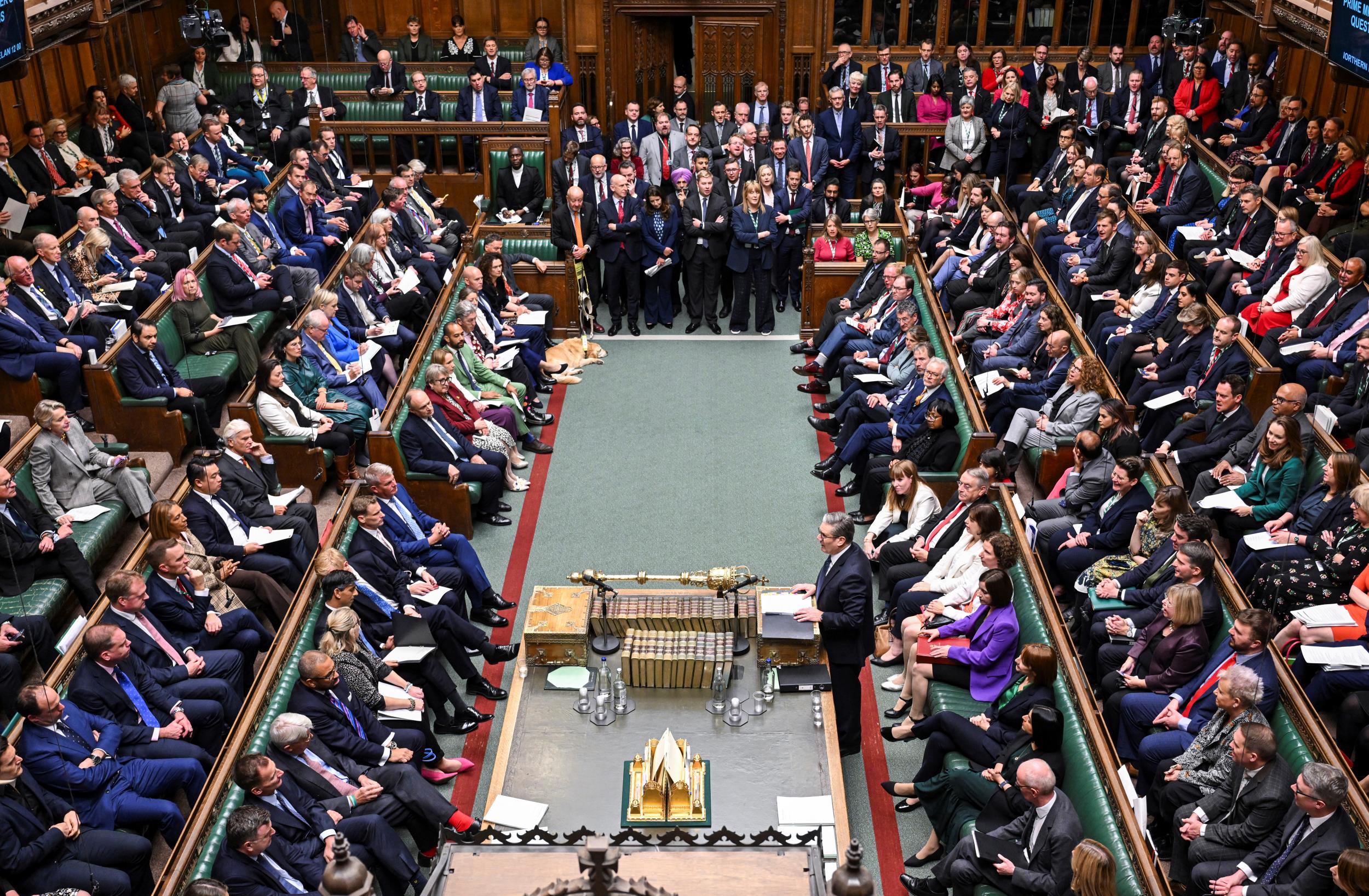
LONDON – The government of the United Kingdom on Thursday unveiled a new Employment Rights Bill, outlining reforms aimed at boosting economic growth and upgrading workers' rights across the country.
Presented to Parliament just before the Labour government marking its first 100 days in power, the bill is an attempt by the party to fulfill one of its election pledges.
The bill compromises 28 separate employment reforms, including the introduction of the rights to bereavement and parental leave from day one, boosting statutory sick pay, and making flexible working the default where practical.
ALSO READ: Britain's new govt plans over 35 bills for parliament opening
It also proposes banning "exploitative" zero-hour contracts – which provide no guarantee of minimum working hours, as well as ending "bullying" fire-and-rehire practices – where employees are sacked and then reemployed under worse terms and conditions.
Deputy Prime Minister Angela Rayner said the UK's present employment laws are "out-of-date”, blaming them of holding the country back and failing businesses and workers.
Calling the bill "the biggest upgrade to rights at work for a generation”, Rayner added that the government's plans would boost pay and productivity, contribute to economic growth, and "make working people better off”.
Businesses and employee groups have generally welcomed the bill, saying that it benefits workers, employers and businesses as a whole.
Paul Nowak, general secretary of the Trades Union Congress (TUC), said that driving up employment standards would "give workers more predictability and control", and "stop good employers from being undercut by the bad”.
However, the trade body UKHospitality said that protecting access to zero-hour contracts is essential for sectors like hospitality, which employ millions of people.
It added that such contracts are "crucial" for those who do not want fixed hours, allowing for flexibility to suit employees' lifestyles, as well as aligning with business demands.
READ MORE: UK's Starmer to defend spending cuts for elderly ahead of key vote
"Rushing to introduce measures too quickly would be the wrong thing to do and would increase the chances of inflicting damage to sectors like hospitality," said Kate Nicholls, chief executive of UKHospitality.
She added that such changes "are not without cost" and close consultation with businesses is needed to "avoid unintended consequences”.
Subject to consultation, the new measure will not take effect until 2026 at the earliest.


